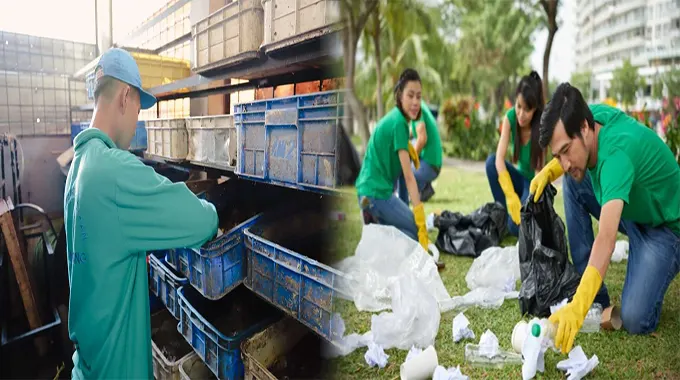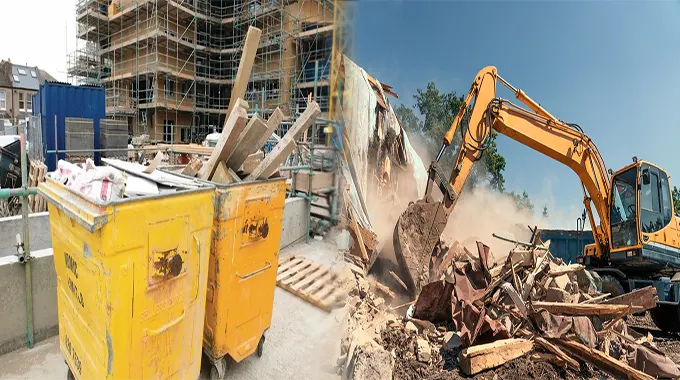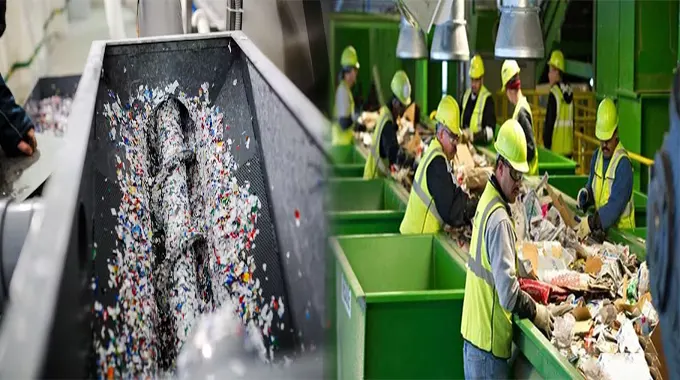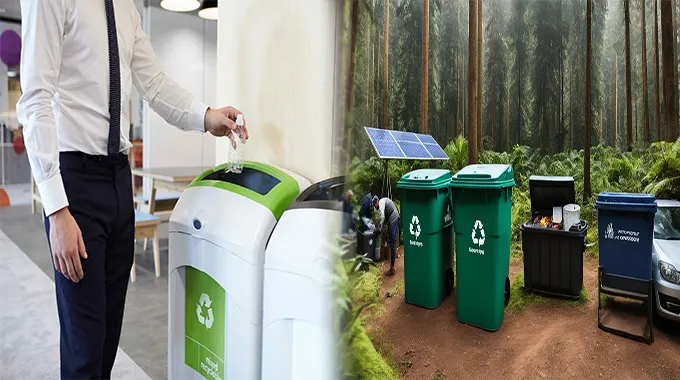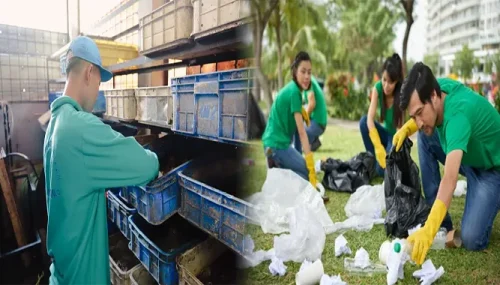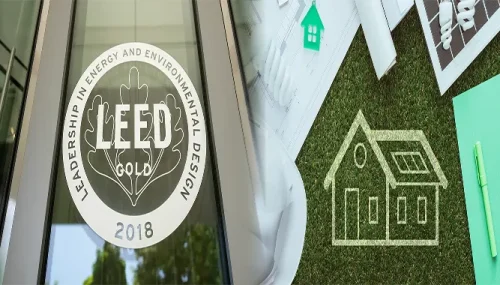Improving Waste Management Policies and Regulations for Local Governments
Waste management has become a pressing issue for local governments around the world as urban populations continue to grow rapidly, leading to an increase in waste generation. In order to address this challenge effectively, it is crucial for local governments to implement robust waste management policies and regulations. These measures are essential not only for reducing environmental impact but also for promoting sustainable development and enhancing public health and safety.
One key aspect of waste management policies for local governments is the establishment of comprehensive waste disposal and recycling programs. By providing residents with convenient options for separating and recycling different types of waste, municipalities can significantly reduce the amount of waste sent to landfills. Encouraging the use of recycling facilities and composting programs can help to divert organic waste from landfills, thereby minimizing greenhouse gas emissions and promoting a circular economy.
Moreover, local governments can implement regulations to promote …

